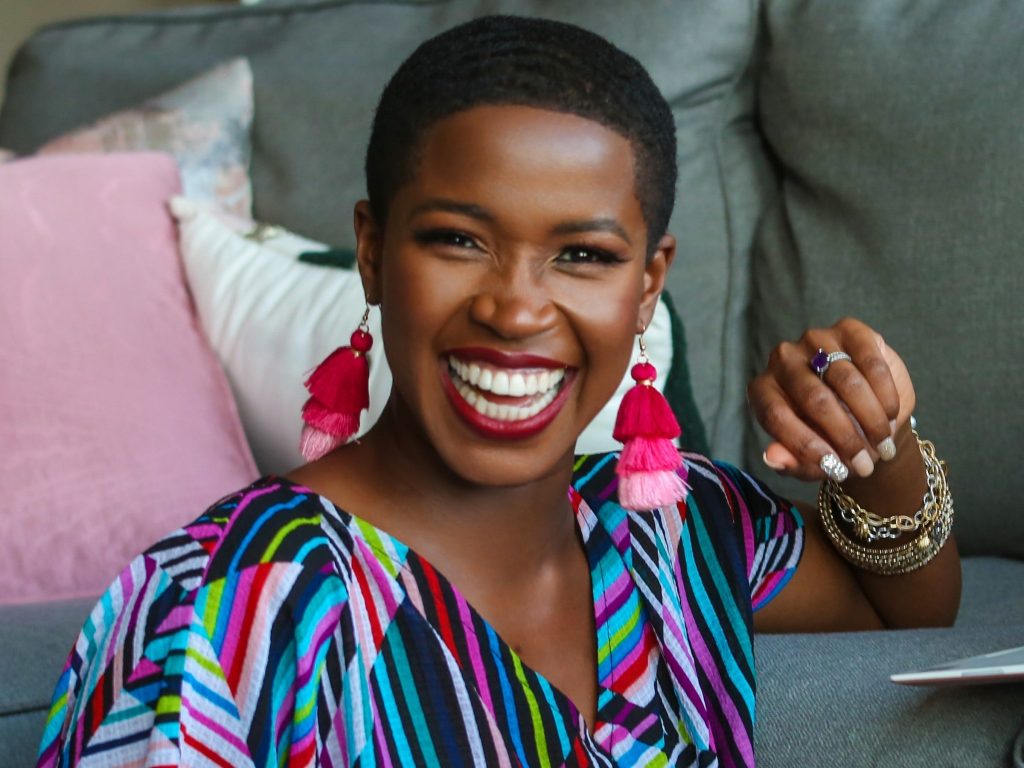- Outgoing Meta COO Sheryl Sandberg was a diversity pioneer, but some say she wasn't inclusive enough.
- Specifically, many Black women believed her bestseller, "Lean In," didn't include their voices.
- Corporate consultants shared what other leaders can learn from Sandberg's work.
If you walked past a bookstore, boarded a plane, or walked through a park in 2013, you might have seen someone clutching a copy of "Lean In," with Sheryl Sandberg's smiling face staring back at you.
For many, the book by the exiting chief operating officer of Meta, the parent of Facebook, went from must-read to dust collector. Some female executives have leaned away from its lessons that, nearly a decade later, feel incomplete, particularly for Black women.
The assessment of Sandberg's legacy is still unfolding following her announcement this month that she's giving up her executive role at Meta but will remain on the board. Yet several lessons have already emerged on how executives, both women and men, can help boost boardroom representation in the tech world and beyond, diversity experts told Insider.
The to-do list, experts say, is clear: Make a concerted effort to be inclusive when you're trying to solve problems; use your platform to elevate the voices of marginalized groups; and intervene when you see bias unfolding.
"Leaders in tech and corporate America — they have a lot of power," said Minda Harts, a diversity consultant and author of "The Memo," which is regarded by many as the "Lean In" for women of color. "I hope that leaders will ask, 'What are the issues that I need to help drive?'"
Lesson 1: Be inclusive from the start
Sandberg wrote from her own perspective, and there's nothing wrong with that, Harts said. But Harts believes if you are a leader today, you need to seek insight from people who don't share the same background as you.
"Sometimes leaders, though they are well-intentioned, talk about certain things, and don't think about the impact that it has on other groups that are not part of that conversation," Harts said. "If we're keeping equity in the equation at all times, then nobody's left behind."

Tega Edwin, a career coach and the founder of Her Career Doctor, a leadership-development consultancy, said Sandberg contributed by highlighting how women sometimes allow their own limiting beliefs to stifle their career growth. However, Edwin said, Sandberg neglected to speak to the larger societal forces that create that negative self-talk.
"We live in a society that beats down women. Women are constantly being told they are less than. We internalize those messages and then get in our own way," Edwin said. Without confronting that internalized misogyny, women can unconsciously minimize their own value and sabotage opportunities for growth, she said.
Sandberg called for women to take charge of their careers and claim a seat at the proverbial executive table. But doing so can be detrimental for Black women in the workplace, said Chantel George, a workplace-diversity expert and founder of Sistas In Sales, a networking community for women of color. "Lean In," however well-meaning, overlooks the racism and gender bias that Black women often face, she said.
"When we lean in, we are called aggressive and pushy. We get relegated to 'angry Black woman' status. We're not praised or applauded for being brave. Sandberg's advice comes from a place of privilege that most Black women do not have," George said.
Cherie Caldwell — the head of diversity, equity, and inclusion, or DEI, at Salesloft, a software company — said that while Sandberg might not have hit all the right marks, she started a conversation that empowered some women.
"It opened up a plethora of DEI jobs and employee-resource groups within organizations. There are more women Fortune 500 CEOs now than ever before. There is still work to be done, but she certainly had a role to play in moving the conversation forward," Caldwell said.
Sandberg has addressed the criticism of "Lean In."
"I don't think I did a good enough of job bringing out stories of women of different backgrounds," she said in a 2020 interview with journalist Tamron Hall.
Lesson 2: Use your platform
Though "Lean In" faced criticism for not being inclusive enough, Sandberg's more recent work put greater focus on women of color. That's an important example of a powerful woman deploying her leverage to try and help others, experts said. Sandberg's shift came alongside broader conversations in the US about the barriers people of color, especially women, can face.
In 2015, Sandberg's LeanIn.org began working with the consulting firm McKinsey & Company to draw attention to the workplace inequity women of color, specifically Black women, face. The nonprofit offers resources for companies on how to fight gender and racial bias and encourages women from all backgrounds to join informal networking and peer-support groups.

Sandberg has also become a more outspoken advocate supporting women of color. Speaking with Insider in March 2021, Sandberg underscored the importance of recognizing unconscious bias and creating allyship.
"It's really about recognizing that we all need to do better," Sandberg said.
But the changes at Meta have been slow, critics have argued. In 2013, the company had zero Black executives, according to USA Today. By 2018, 3% of all executives were Black. Two years later, in 2020, that number had edged up to 3.4%. And in 2021, it rose to 4.7%, according to Meta's most recent diversity report.
"That kind of worries me," Harts, the diversity consultant and author, said of Meta's progress in boosting its ranks of Black execs.
A Meta spokeswoman said that the number of people of color at the director level and above, which is one step below executive level, has steadily increased over the years. "We are proud that we've made steady progress to drive representation not just in leadership roles but throughout the rest of the organization," she said.
Lesson 3: Be brave and take action
To make change within your organization, people need to get comfortable intervening and interrupting the status quo, said Tara Jaye Frank, a diversity consultant and the author of "The Waymakers."
Leaders can speak up, for example, if a succession plan doesn't include Black or Hispanic candidates, she said. Mentors and managers can and should also advocate for their colleagues from underrepresented backgrounds, Frank added.
"Intervention is really critical to unlocking opportunity. And to me, that's not about being nice," Frank said. "It's knowing, when are the moments that matter? And how are you going to insert yourself in those moments to use your voice on behalf of someone else's promise and potential?"
Advocating for others, especially underrepresented groups, isn't just the responsibility of women or women of color, experts say. Edwin said achieving workplace equality won't be possible without the help of men.
"Corporate America is still very patriarchal — men listen to men," she said. "I don't see significant changes happening until men start speaking up on behalf of women."
